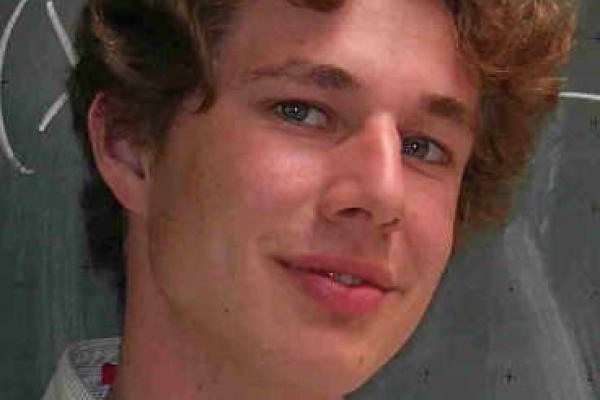
Title: Bredon homology calculation techniques
Speaker: Alexander Rahm (National University of Ireland at Galway)
Abstract: In this talk, we will expose how to organize Bredon homology computations for a specific class of groups, with the aim of finding a useful decomposition of Bredon homology in the general case. The Bredon homology of a group allows us to obtain the equivariant K-homology of (the classifying space for proper actions of) the latter, via a spectral sequence. The Baum-Connes conjecture, which has been proved for large classes of groups, constructs an isomorphism from the equivariant K-homology of a group to the K-theory of its reduced C*-algebra. For groups like the ones where our computation is carried out, SL_2 matrix groups over rings of imaginary quadratic integers, this yields the isomorphism type of the mentioned operator K-theory, which would be very hard to compute directly.
Seminar URL: https://research.math.osu.edu/topology/#7984300
